All Stories
-
 Animals
Animals‘Silent Sparks’ illuminates fascinating world of fireflies
In a new book, a firefly researcher explores why scientists and kids alike are captivated by lightning bugs.
By Sid Perkins -
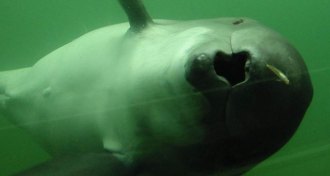
For harbor porpoises, the ocean is a 24-hour buffet
Scientists tagged harbor porpoises with monitoring equipment and found that the small cetaceans eat thousands of fish throughout the day.
-
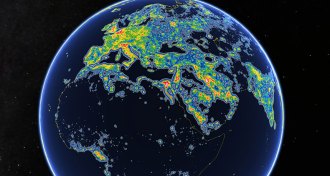 Earth
EarthA third of the population can’t see the Milky Way at night
Light pollution conceals the Milky Way’s star-spangled core from more than a third of Earth’s population, a global atlas of artificial sky luminance reveals.
-
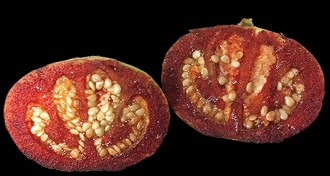 Plants
PlantsScary tomato appears to bleed
A new species of Australian bush tomato bleeds when injured and turns bony in old age.
-
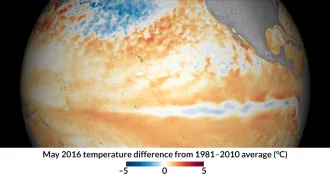 Climate
ClimateThe ‘super’ El Niño is over, but La Niña looms
The 2015–2016 El Niño has officially ended while its meteorological sister, La Niña, brews.
-
 Psychology
PsychologyKids’ anxieties, depression need attention
Psychological troubles in childhood are no longer considered a part of normal development.
By Bruce Bower -
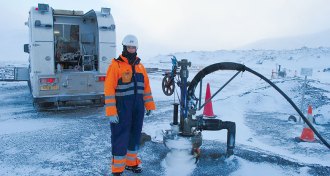 Climate
ClimateVolcanic rocks help turn carbon emissions to stone — and fast
A pilot program in Iceland that injected carbon dioxide into basaltic lava rocks turned more than 95 percent of the greenhouse gas into stone within two years.
-
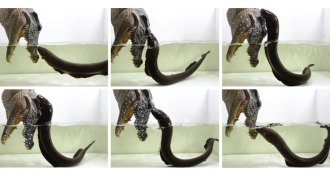 Animals
AnimalsElectric eels play defense with a mighty leap
A biologist finds evidence that a 200-year-old report of electric eels attacking horses may be true.
-
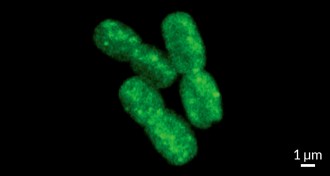 Ecosystems
EcosystemsOcean plankton held hostage by pirate viruses
The most abundant photosynthesizers on Earth stop storing carbon when they catch a virus.
By Susan Milius -
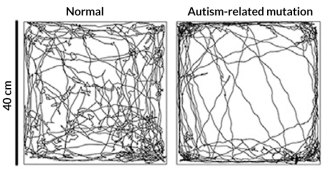 Neuroscience
NeuroscienceAbnormal sense of touch may play role in autism
Autism-related genes are important for touch perception, a sense that may help the brain develop normally, a study of mice suggests.
-
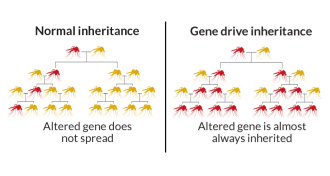 Genetics
GeneticsGene drives aren’t ready for the wild, report concludes
A type of genetic engineering called gene drives need more work, a National Academies report concludes.
-
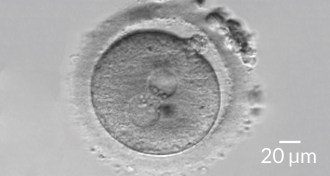 Life
LifeRefined ‘three-parent-baby’ procedure improves chances for healthy infant
Improved technique could reduce risk of passing on faulty mitochondria.